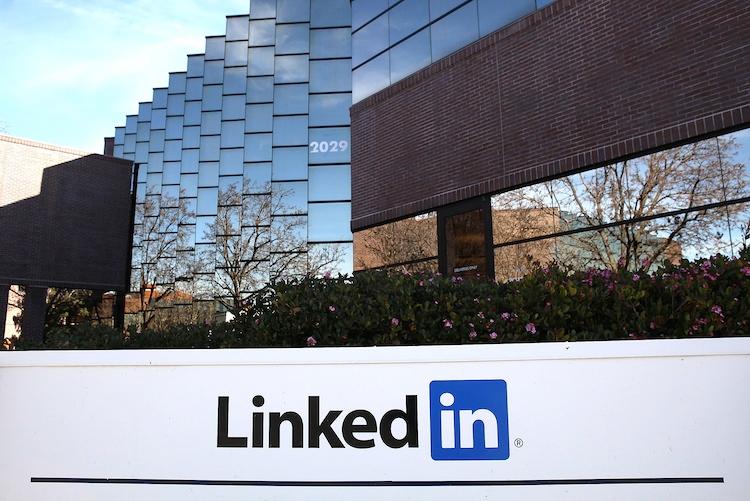It’s hard to remember how hard it was to look for work—or leave your current job—before technology changed everything.
Consider what LinkedIn does for you. It allows you to have your own identity apart from your current employer, as if you own your labor. You gather your own network and keep it as you move from job to job.
You can job hunt without seeming to betray your boss. You can be available for job offers, too, even if you don’t think of yourself as being on the market. When you change jobs, you can add that to your profile with a few clicks and have that change announced to your network. Otherwise, everything is the same. You are faced with a daily variety of choice among employers competing to hire you for your skills. Or you can very easily go solo, choosing to gig and contract as your own personal business.
This is emancipation. This gives you freedom of choice.
Maybe that doesn’t impress you too much. We take it all for granted. But actually social media platforms have changed everything about the right to work. Before the internet, you did not have the ability to make a public profile page that people could follow, and moving jobs was fraught with risk. You had to send in your resume, but you could not use your current employer as a reference or let your coworkers know you were in the market. You were stuck looking through help-wanted ads or getting news of open offers from a word-of-mouth network.
It was hard to make or take calls about possible new positions from the office because you didn’t have a cell phone. You had to scramble on nights and weekends. You dressed for a job interview—everything depended on the interview because there was no way for people to post testimonials about you—and everyone at the office would get suspicious. When you left your job, or got fired, much of the intangible knowledge and network capital you developed in your last job you had to forgo. You had to start over entirely. The prospect alone was enough to discourage you from even looking for a new position.
Technological limitations and government interventions hobbled labor market adjustments. It could not clear as a market should.
Then Came the Internet
When we think of internet commerce, we think of eBay or Amazon, or perhaps Craigslist, but it is the job marketplace that has made the massive difference in our lives. Anyone can recommend you for a position by sharing a link to your professional profile. You can stay on the market at all times, posting on your profile without raising suspicions or being seen as a betrayer. Your resume is before the world at all times. If disaster should strike after a fallout with the boss, you have a network to tap instantly to provide a bridge to the future.
And it’s not just you. Every participant in the global market can upload a work history and resume, catalog skills, gather endorsements, post personal testimonies, and so on. What it means is truly striking. LinkedIn, then, takes that crucial step toward a real market for labor by setting information free. Then add to that the remarkable power of ride sharing, task rabbiting, remote working, digital nomadism, and gigging in general.
The information economy has liberated those who do the work from servile dependency on any single capital-controlling employer. We didn’t need Karl Marx to invent a new political order to do that; we just needed a better software infrastructure.
As I’ve pointed out, one of the terrible consequences of government intervention in the workplace is how it has chained workers to their jobs. The American corporate structure after World War II was modeled on the European welfare state except with the benefits provided privately through the companies with government subsidies. The results have been terrible for the American worker. Health care benefits, complicated tax accounting, and all sorts of mandates have caused the labor market to be far less fluid than it was a century ago.
Now, thanks to digital entrepreneurship, we are starting to see what competition for labor looks like. You can go to a site like Indeed.com and see postings for your skills right in your town or anywhere you want to move. Or you can post a job availability. Every industry has a micro version of the same. You can advertise too.
The contribution this makes toward better placement is incalculable. It might be one of the factors driving the low unemployment numbers, though I’ve never seen anyone give software the credit.





